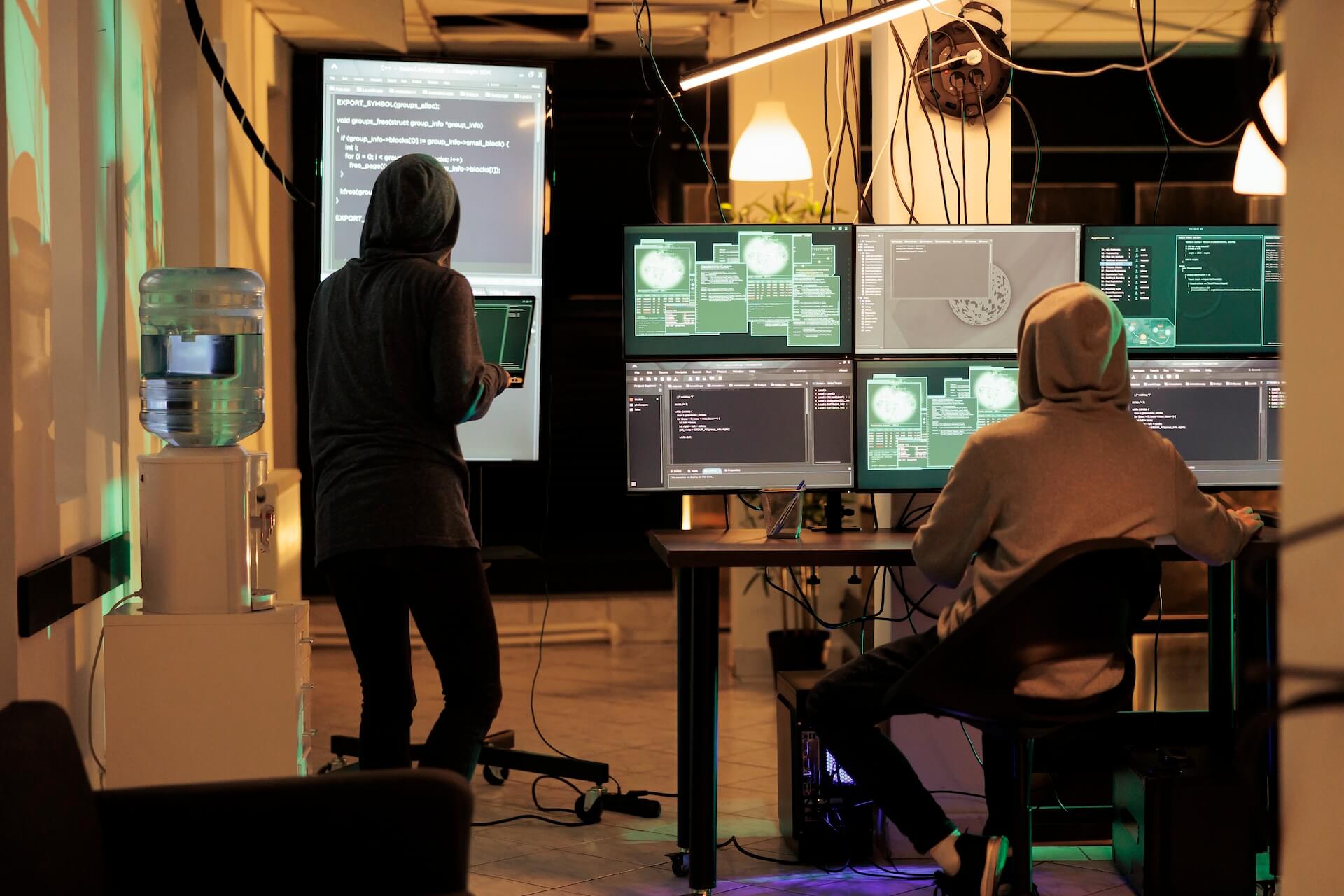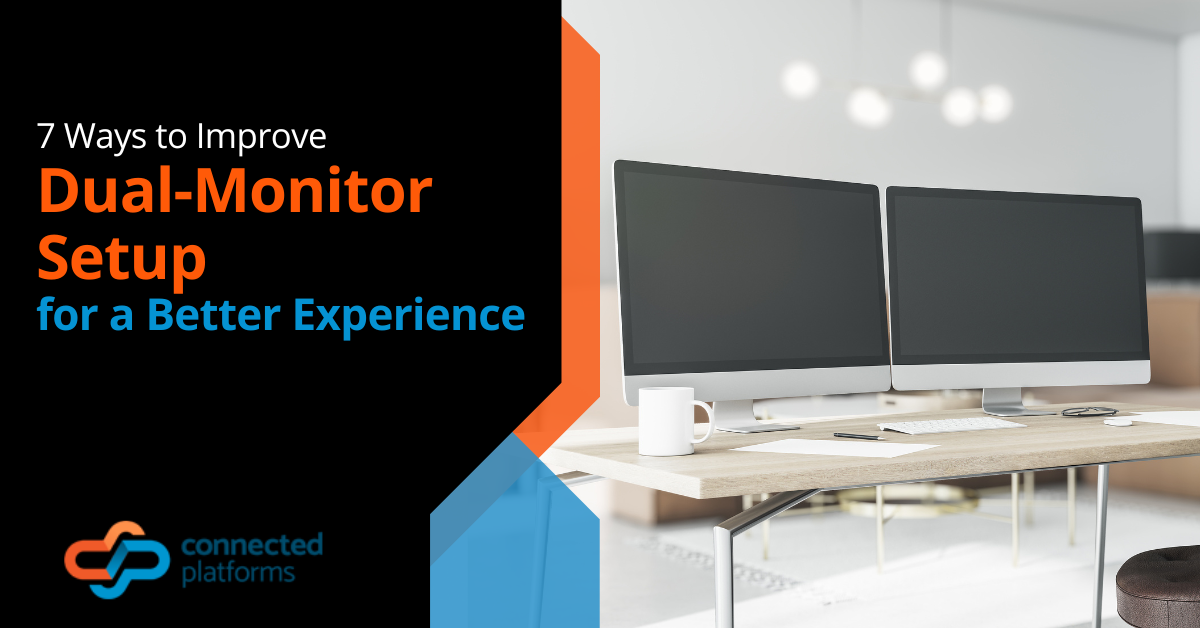As we turn the page on 2020, many Brisbane area businesses are looking ahead to what’s in store for hot business technology trends 2021 and beyond. With the pandemic hopefully on the way out, the new year holds promise of forward motion.
Some of the business-building areas that companies are focusing on in the new year include IT cost reductions, improved productivity through automation, and streamlining their cloud infrastructure.
It’s also important to know what hot business technology trends are on the horizon so you can be well positioned to take advantage of them. Companies that are out in front of technology trends stay more competitive and achieve better bottom-line benefits.
Businesses that have a higher level of digital engagement achieve the following benefits over those with only a basic level:
- 28% more revenue growth
- 60% more revenue earned per employee
Where should you be anticipating technology trends 2021 and beyond? Here are several key areas to expect hearing more about in the coming months.
Our Top Picks for the Hottest Technology Trends 2021
Zero Trust Cybersecurity
Within the past year, 48% of Australian organisations were impacted by ransomware, and cyber-attacks of all types skyrocketed in 2020 due to criminals taking advantage of the pandemic disruption.
Not only are cyberattacks growing in volume, they’re also increasing in sophistication. No longer is keeping out the “bad guys” the best alternative because tactics like fileless malware and zero-day exploits make it more difficult to identify who the bad guys are.
Cybersecurity is moving towards a zero-trust model. This involves systems like ring fencing and white listing that only allow the “good guys” in. Thus, everything else that’s not on an approved application list is blocked automatically. Using zero trust increases the capability of IT security applications to keep unknown new variants out of a network.
Remote Operations Becoming the Norm
One thing the pandemic taught many organisations was that they had to be prepared for anything. Many dusted off business continuity plans and embraced the remote working world (once they got past the initial road bumps).
The ability to keep a business in operation, no matter what, is top on the list of 2021 upgrades that many companies will be focusing on. This includes keeping some or all remote teams in place and re-envisioning their business to be resilient in the face of unexpected disasters.
For retailers, this can include seeking alternate suppliers and investing in contactless methods to serve customers. For other businesses that don’t need to have a physical location to receive customers, they may end up going completely virtual after phasing in a larger percentage of remote workers throughout the coming year.
Behavioural Analytics Will Improve Customer Experience
Creating a great customer experience is important if you want to stay competitive. 48% of customers will stop buying from a company they work with if they have a bad experience with them.
The advancement of IoT sensors and website “hot maps” to monitor engagement and interaction will be used more to improve customer experience. There are even technologies that can tell where on a page a user’s eyes are pausing to read.
Behavioural analytics are the next big part of big data that companies will begin pouring over to see how they can give customers more of what keeps them happy and engaged with their business.
Cloud Consolidation & Streamlining
The frenzy of the cloud adoption phase is coming to an end, with most businesses relying heavily on a cloud workflow to keep their data and processes accessible anywhere.
But with all that adoption, came cloud waste. Companies ended up paying for redundancies in apps, and going through time-consuming onboarding processes, only to abandon an app after a few months.
In 2019, cloud waste doubled over the prior year and cloud churn increased 30%.
Cloud consolidation and streamlining will be a trend you’ll see taking hold in 2021, as companies look to simplify and consolidate use of the cloud into as few platforms as possible for better efficiency and cost savings.
5G Will Finally Begin Making a Difference
5G has been a much-anticipated technology that is supposed to totally revolutionise the way we use the internet through much faster speeds and near-zero latency.
But it’s been a while in the making. Service providers and device manufacturers spent much of 2020 laying the groundwork, but not much was seen on the user experience level.
Expect that to change in 2021, as 5G begins to grow up and make real changes in how the internet and cloud can be used in daily business life.
Schedule a New Year Technology Planning Assessment
Each business is unique and has different technology needs. What changes will make yours most competitive in the new year?
Connected Platforms can do a new year technology planning assessment with you and put together a custom plan for your productive future.
Interested to know more?
Would you like to learn more about how to what’s in store for business technology trends 2021 and beyond? Contact our managed IT services Brisbane team for a free, no obligation consultation today. Call 1300 866 096 or book a coffee meeting online.




